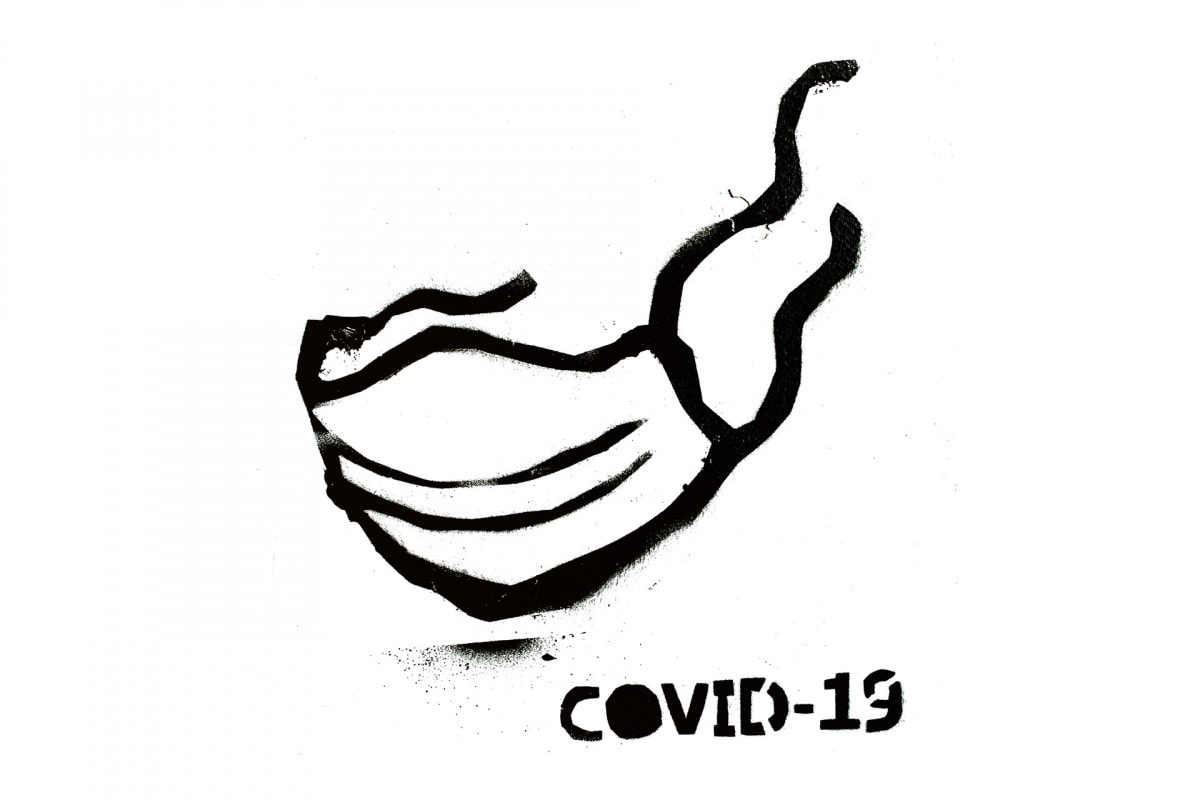The pandemic has aroused interest in the book of Revelation and eschatology (the study of ‘last things’, i.e., how God is shaping our individual lives and all of history for his ultimate purposes). Many have asked, “Are we in the period of ‘the great tribulation’?” and “Is the current pandemic a fulfilment of the plagues in Revelation?”
Interest in eschatology and Revelation is good. All Christians should know them. Our whole faith is eschatological, because, as German theologian Jürgen Moltmann rightly asserts in Theology of Hope: On the Ground and Implications of a Christian Eschatology (1967), “Christianity is eschatology, is hope, forward looking and forward moving, and therefore also revolutionizing and transforming the present.”
The whole Bible concerns how God brings to an end the old world order marred by evil and sin, and how he brings in a new order, a new creation. If we think of the Bible as one narrative, Revelation not only completes its plot and brings to resolution the conflict that began in Genesis, but also proclaims its central message—the gospel of Jesus Christ.?
Teachings on Revelation often miss its central message. They tend to focus on the events it describes—their nature, timing, and order. They differ on whether these events are past, future, or true of all times. Then, they debate on whether the book was arranged to show the order of the events, or arranged thematically according to literary and rhetorical structures.
Revelation must be interpreted in the light of its genres: the prophetic, apocalyptic, and epistolary. What is central, but often missed, is its relation to the gospel.?
The apostle and author John refers to Revelation as “the testimony of Jesus Christ” (1:1–2; cf. 22:18–20). In the New Testament, the testimony of Jesus refers to the gospel. When John says “the testimony of Jesus is the spirit of prophecy” (19:10 ESV), he asserts that the gospel of Jesus Christ is the essence of the prophetic message of Revelation.
In Revelation, Christ calls his people to proclaim the gospel faithfully and calls sinners to respond to the gospel:
- His call to the churches to be overcomers is a call to missions (Rev 1–3).?
- Yet, just as Christ through death claims his kingdom, his followers can expect suffering and martyrdom in their mission (Rev 4–11).?
- With this in mind, the people are called to worship the Lamb and not the political or religious powers of Satan (Rev 12–16).?
- Finally, the people are called to decide between two kingdoms: the earthly one symbolized by Babylon, or the heavenly one symbolized by the New Jerusalem and the Bride, which refers to the church (Rev 17–22). Choosing Babylon means facing judgement (19:11–21:8), but joining the Bride means enjoying God’s presence and bringing the gospel, symbolized by the leaves of the tree of life and the water which is life, to the nations (21:9–22:21).
May we be faithful in our preaching of the gospel to bring hope to those around us in this pandemic and beyond.?
For Discussion
How would Revelation’s portrayal of believers as citizens of heaven with a mission to fulfil on earth affect the work we do and the way we live in this pandemic?






